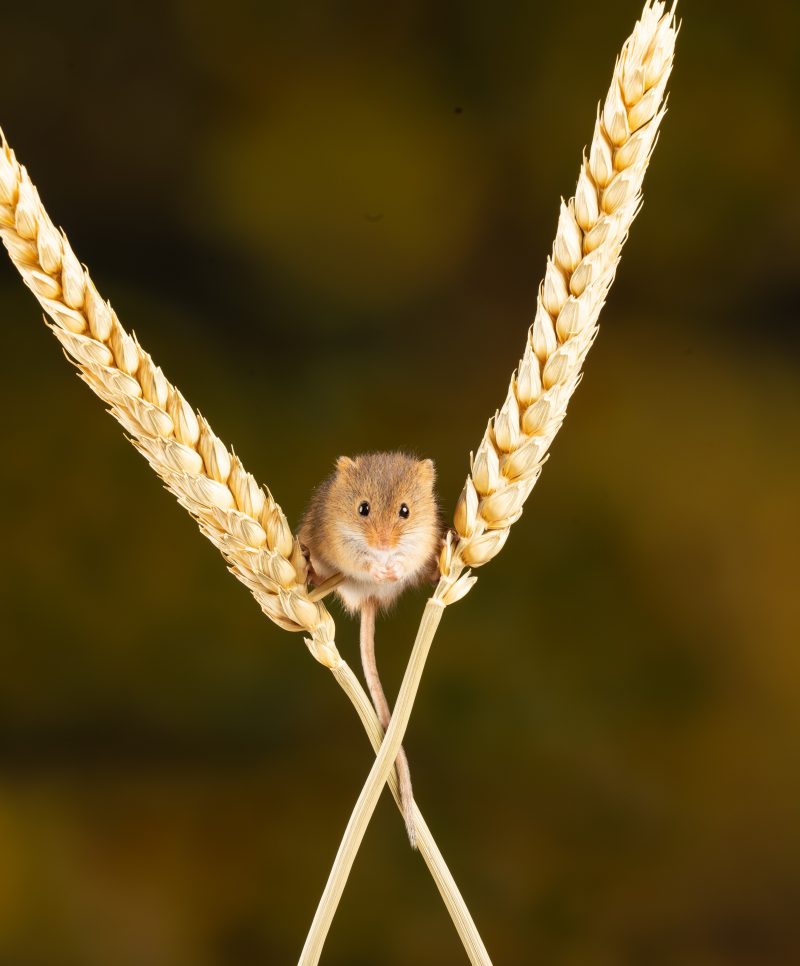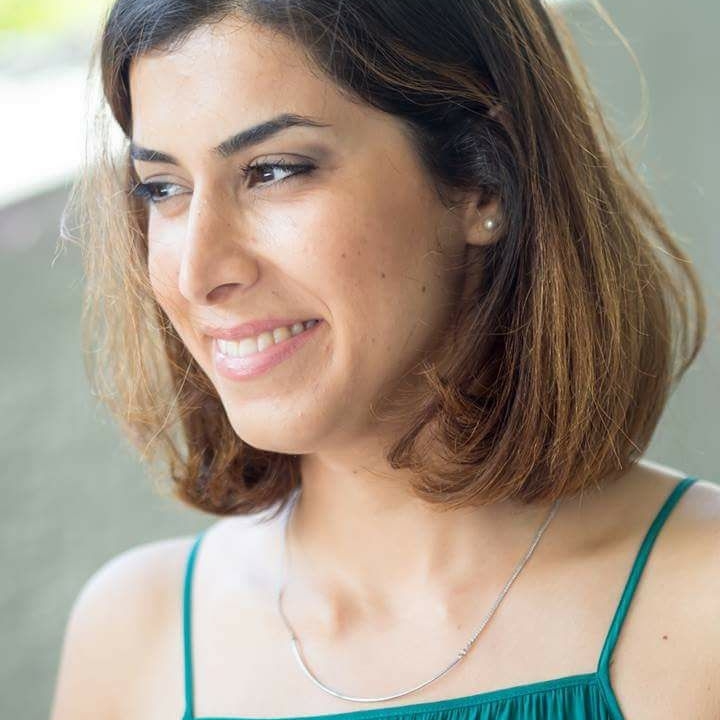
Is the industry really a “dark side”?
Interview with Parisa Rabiei Far

Recently I had one of the most inspiring and interesting conversations related to the immortal topic “academia versus industry”. My good friend and a colleague Parisa Rabiei Far spent four weeks in Gothenburg at the R&D department of the pharmaceutical company AstraZeneca. She got this opportunity as a “Career skills for scientists” course participant, organized by KI Career Service. As a course participant, you can to choose up to three companies where you can do an internship. To become an intern at AstraZeneca was a very competitive task – but Parisa completed it! “Knock the door, and it will open”.
What motivated you to apply for the course and an internship?
As it turned out, it was mainly about the exploration of the parallel world – the pharmaceutical industry – to get answers to her questions about the potential future career. In her PhD project, Parisa works a lot with different transgenic animal models and knows how to perform both in vivo and in vitro studies. Therefore, the company’s project on the cutting edges of science, involving novel mouse models and strong bioinformatics sounded appealing to her. Parisa was invited for a 30min-Skype-interview, where her future supervisor wanted to know why she was interested in the project and asked some details about her PhD project. Parisa was able to answer all broad and specific questions about the mice models she worked on and persuaded the interviewer to choose her among the others.
Did you learn something important?
During those weeks Parisa was supervised by a principal research scientist, who for six years worked as a postdoc in Switzerland, before joining AstraZeneca. He is an extremely knowledgeable person, who was eager to work in the lab and showed as much as he could to explain how the company’s organization. She also said that everyone whom she met there had an extensive experience in science, were positively humble and determined to achieve success.
In general, she noticed two significant differences between the academic and the industrial workflow. The first difference is that the decision-making process about projects’ future performed by the top management of the company. There is a strong hierarchy that defines the direction of work. To develop further, on the more senior position you need to choose between two tracks: managerial or scientific. If you only want to do science and focus on the development of ideas, a scientific track is your choice. However, if you want to make an impact on product development, experimental design and the “destiny” of the projects – you need to join the management track. Being a manager is a better-paid job, as it includes higher responsibility. In academia, though, we are trained to be independent scientists and must know everything about the experiments, data analysis and efficient fund management.
The second important thing was a strong collaboration between the employees. Upon arrival to AstraZeneca Parisa signed a non-disclosure argument, which for her meant that everyone feels like in the same boat – and support each other’s work works to achieve the same goal. The best thing for Parisa was to work in the team. You must learn how to compromise, be flexible, know how to communicate – and that is what Parisa learned she needs in her every-day work life. To have a common purpose and openness – these are the things Parisa misses the most in academia. Unfortunately, the collaborations in academia are often difficult to set up, as many principal investigators are afraid to be scooped by a “rival” group.
In contrast, most of the tasks in the company are assigned to different core facilities, and many teams work towards one goal – to deliver a product. Due to the non-disclosure argument, Parisa did not go into the details of her work. However, she mentioned that after she did her part of the experiment, the material was sent to the second department, then to the third – and finally, in a week she and her supervisor met a team of bioinformaticians to discuss the results.
Of course, there is also a competition inside the company: to get additional funding for your projects, to hire more industrial PhD students or postdocs, and to get bonuses you must work hard. For Parisa, it has always been important not to lose the chance to produce and publish the data. Therefore, she was happy to learn about the requirement to write and publish scientific articles. For example, the Discovery Sciences Department publish their results in the very prominent and high-impact journals. It came with no surprise due to the available funding and corporate culture of efficient work. Company’s interdisciplinarity from one side and specialized approach are more efficient when in a noticeably short time you get the results and can move on with product development and validation.
I wondered about the possibility to burn out. However, Parisa did not ask her colleagues about that during the internship. From one side, there is a pressure to deliver the product, to do the work on time. From another side, people were also more relaxed, as the structure of the company gives more protection and supports employees who want to work for a result. Competitive salary, bonuses and benefits, and a company shares make the perspective to join the company more appealing. To add some salt, we should say that some bonuses depend on your acknowledgement by other colleagues. In this case, Parisa wondered how it works for an introvert, who prefers to avoid extensive communication and “positivity” …
Also, wondering about the timing, I asked whether a longer internship will be more beneficial. For Parisa, one month was enough to get a feeling of the company structure and answer her questions. Longer projects may be more stressful for students if only they are not industrial PhD-students.
To conclude, the motto of the company culture in Parisa’s eyes is “It is all about the efficiency”, which sounds great if you are a hard-working, active, and aspiring young scientist. I wish Parisa good luck with her future defence and finding the path that will make her happy. No matter where, as there is no dark or bright side if you want to bring the best result to this world.
By Oksana Goroshchuk

0 comments